Podcast: Play in new window | Download (Duration: 29:43 — 20.5MB) | Embed
Subscribe: Apple Podcasts | Spotify | Amazon Music | Android | Pandora | iHeartRadio | JioSaavn | Podchaser | Gaana | Podcast Index | Email | TuneIn | Deezer | Anghami | RSS | More
Episode 1 – Introduction – St. Teresa, Spiritual Warfare, and the Progress of the Soul with Dan Burke
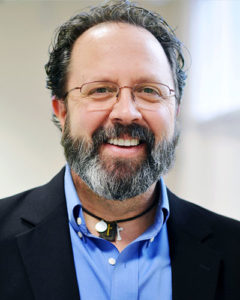
In this introductory episode, Dan Burke and Kris McGregor delve into Dan’s spiritual journey, his admiration for St. Teresa of Ávila, and his book on navigating the spiritual life. Dan shares how he began his Catholic journey after being raised Jewish and later becoming a Southern Baptist. He struggled with prayer and sought guidance through various Protestant resources until discovering St. Teresa’s writings, which profoundly impacted him.
Throughout their conversation, Dan discusses the importance of St. Teresa’s “Interior Castle,” describing it as a seminal work on prayer that guides believers in their journey towards union with God. He highlights St. Teresa’s deep spirituality, authenticity, and her insights into the workings of the devil, which are often overlooked in modern spiritual discourse.
The complementary roles of St. Teresa and St. John of the Cross in Catholic spirituality and how their insights continue to offer a concrete path for those seeking a deeper relationship with God.
Discerning Hearts Discussion Questions
- Revisiting Spiritual Foundations: How does St. Teresa’s concept of the interior castle deepen your understanding of the spiritual journey?
- Understanding Spiritual Warfare: What insights from the episode help you recognize the enemy’s tactics in your own spiritual life?
- Influence of Saints: How does Dan Burke’s reflection on St. Teresa of Avila inspire you to seek guidance from saints in your spiritual practices?
- Role of Humility: In what ways can humility, as discussed in the conversation, shape your approach to spiritual growth?
- Embracing Vulnerability: How does the vulnerability of St. Teresa encourage you to acknowledge your own weaknesses before God?
- Spiritual Companionship: What role does spiritual direction or companionship play in your journey, as modeled by Dan Burke’s experiences?
- Integration of Prayer and Action: How can you balance the contemplative insights of St. Teresa with the concrete actions needed in your daily life?
You can find the book here.
An excerpt from the book:
“Have you ever considered that the devil is active in your prayer life? In the parish church where you attend Mass? In the lives and actions of people of goodwill all around you? The saints remind us of a key aspect of living the spiritual life that we are wont to forget simply because we can’t see it and because we have been conditioned by the media and popular culture to think the devil works visibly only in “bad” people or in extraordinary ways, as in the movies. And although demons are certainly capable of extravagant or extraordinary manifestations, their ordinary work flies under our radar because it just isn’t that spectacular, though it is deadly.
In fact, subtlety, illusion, and deceit are their preferred methods of attack. An invisible battle for souls is being waged in and around us without reprieve, and we remain ignorant of it to our peril. St. Teresa of Avila, great mystic and Doctor of the Church, is best known for her writings on the way God leads souls along the path to union with Him through prayer. What many do not know about St. Teresa is that she also observed the actions of demons working with militant force to lead even good souls astray in ways that might surprise you. She shares these experiences freely in her autobiography, which she was commanded to write under obedience to her spiritual director.“
Burke, Dan; Burke, Dan. The Devil in the Castle: St. Teresa of Avila, Spiritual Warfare, and the Progress of the Soul (p. 12). Sophia Institute Press. Kindle Edition.
For more episodes in this series visit Dan Burke’s Discerning Hearts page here:
Dan Burke is the founder and President of the Avila Institute for Spiritual Formation, which offers graduate and personal enrichment studies in spiritual theology to priests, deacons, religious, and laity in 72 countries and prepares men for seminary in 14 dioceses.
Dan is the author and editor of more than 15 books on authentic Catholic spirituality and hosts the Divine Intimacy Radio show with his wife, Stephanie, which is broadcast weekly on EWTN Radio. Past episodes can be found, along with thousands of articles on the interior life, at SpiritualDirection.com.
In his deep commitment to the advancement of faithful Catholic spirituality, he is also the founder of Apostoli Viae, a world-wide, private association of the faithful dedicated to living and advancing the authentic spiritual patrimony of the Church.
Most importantly, Dan is a blessed husband, father of four, grandfather of one—and grateful to be Catholic.

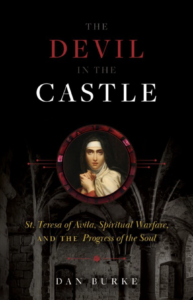

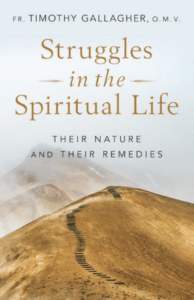
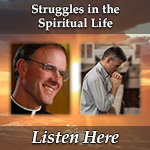


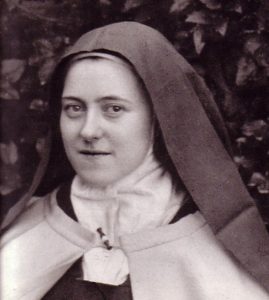
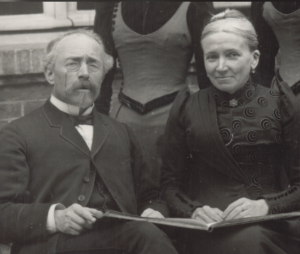
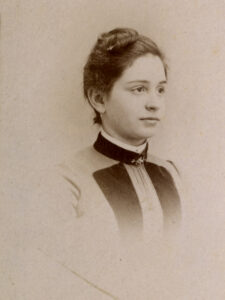
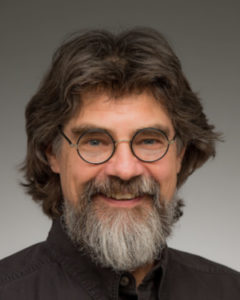




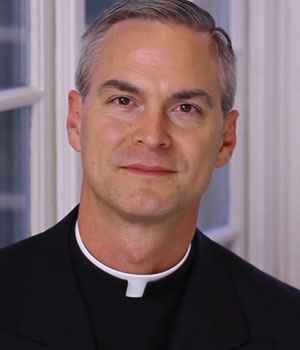
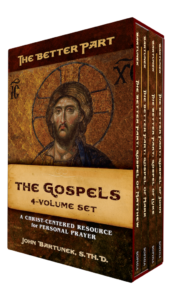


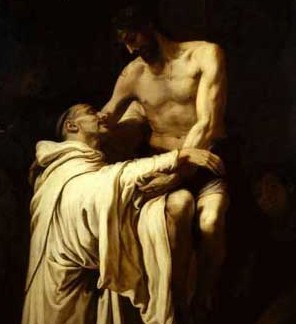
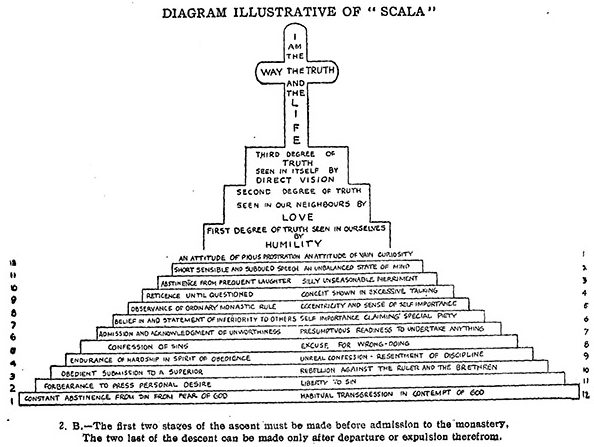 THE TWELVE DEGREES OF HUMILITY
THE TWELVE DEGREES OF HUMILITY